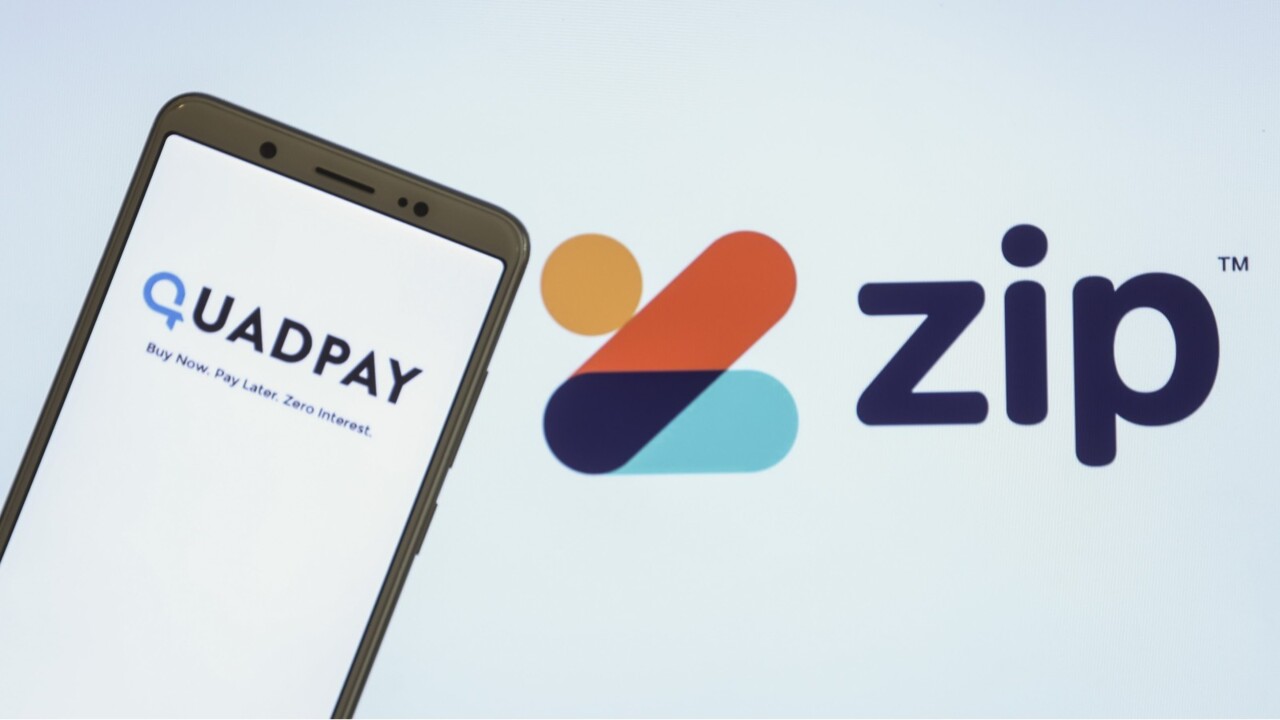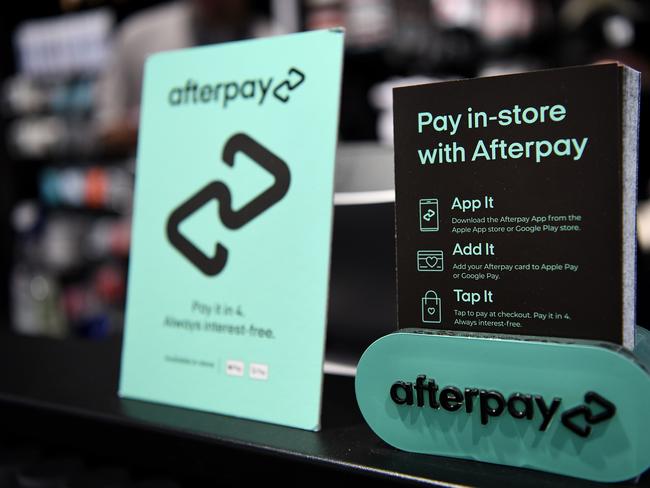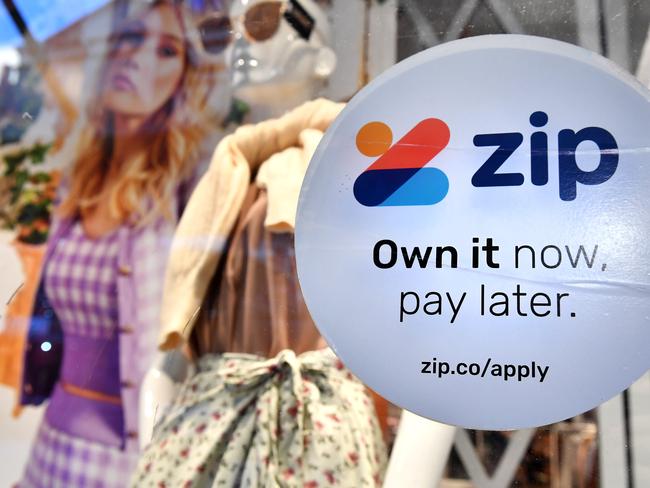Regulatory changes flagged for Afterpay and other buy now, pay later services
Afterpay and other buy now, pay later users could face restrictions under new regulations being canvassed for the sector.

Afterpay customers could have to undergo more detailed credit checks under new regulations being considered for the buy now, pay later (BNPL) sector.
Treasury is putting the finishing touches on its review of how BNPL operators such as Afterpay, Zip, humm and Klarna can be regulated to help provide better protections for consumers.
The resulting issues paper is due to be released in coming weeks.
A relatively new industry, BNPL is exempt from laws designed to protect borrowers who use products such as credit cards and personal loans.
The loophole exists because providers don’t charge customers interest, and therefore the product they provide is not technically considered credit.
Flagging the Treasury review earlier this year, Financial Services Minister Stephen Jones said he wanted BNPL services to be treated like other credit products under Australian law.
BNPL platforms allow customers to make purchases instantly, but repay the money to the provider in several instalments. Most of these companies earn their revenue from fees they are paid by merchants and by customers who miss a repayment.
The industry is growing. There were at least 5.9m active accounts in Australia between July 1 and September 30 2021, responsible for more than $11.9bn transactions over the past financial year.
Treasury’s issues paper is expected to propose three options for regulation which are set to be put to the industry for feedback by the end of the year.
One of the options is expected to involve strengthening the existing code of conduct for BNPL providers.

The code applies to nine BNPL member companies — including Afterpay, which is now owned by Block, and Zip. It is self-regulated by the Australian Finance Industry Association (AFIA) and is currently being reviewed.
The strengthened code could include the requirement for BNPL providers to conduct more detailed credit checks on customers before they could use their product.
The industry believes the current code is working, and is expected to push back against any strict regulations by saying they would stifle the sector and deter too many customers.
The BNPL industry is understood to believe the cost of conducting comprehensive credit checks would be too prohibitive given the average consumer uses the services 16 times a year with each transaction worth about $150.
Asked if AFIA would support stricter credit checks, chief executive officer Diane Tate said: “Many people don’t see BNPL as credit”.
“Therefore what we need to introduce are rules allowing the product to be used by consumers in the way that best suits their needs,” she said.
“With providers able to do the right level of checking to ensure the product is affordable and appropriate.”
Ms Tate said AFIA expected the Treasury issues paper to consider a regulatory regime that “recognises the need for proportionate, scalable and targeted regulation that is fit for the future”.
She said the BNPL industry already delivered “high levels” of support for consumers in financial difficulty or who were vulnerable.

But a coalition of more than 100 consumer advocacy groups has take a different view — saying safeguards should exist in laws not just a code which is regulated by the industry itself.
Financial Counselling Australia policy lead James Hunt said BNPL providers were “debt selling machines”.
“So the appropriate regulatory umpire should be our national credit laws, not the rogue industry itself that is pushing people into further debt,” he said.
“We’ve been saying from the outset that the community wouldn’t accept a bank or a credit card company regulating themselves.
“The same applies here.”
Mr Hunt said some BNPL players including Afterpay carried out “soft” credit checks but these processes weren’t good enough to ensure everyone who used the services could fund the payments.
Financial Rights Legal Centre senior policy and advocacy officer Drew MacRae said soaring inflation meant some people were now turning to BNPL services to fund necessities such as groceries and energy bills.
“If you have a set of regulations that make sure there are responsible lending checks in place – which some, but not all of the BNPL lenders currently do – that could solve some of the problems,” he said.
“I don’t see why BNPL is a special case that is able to stay within a self regulatory mode as opposed to all other credit in Australia. ”



